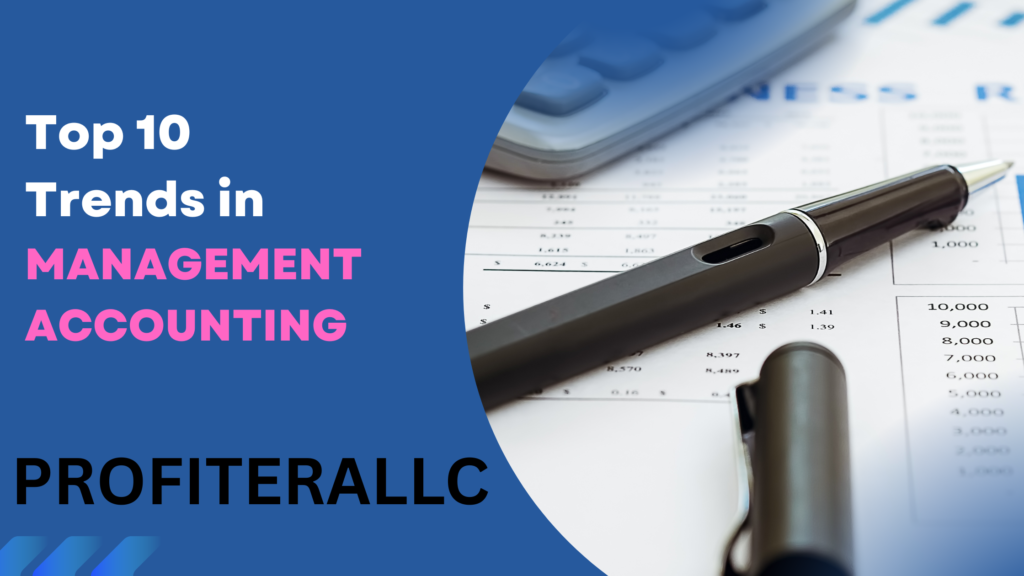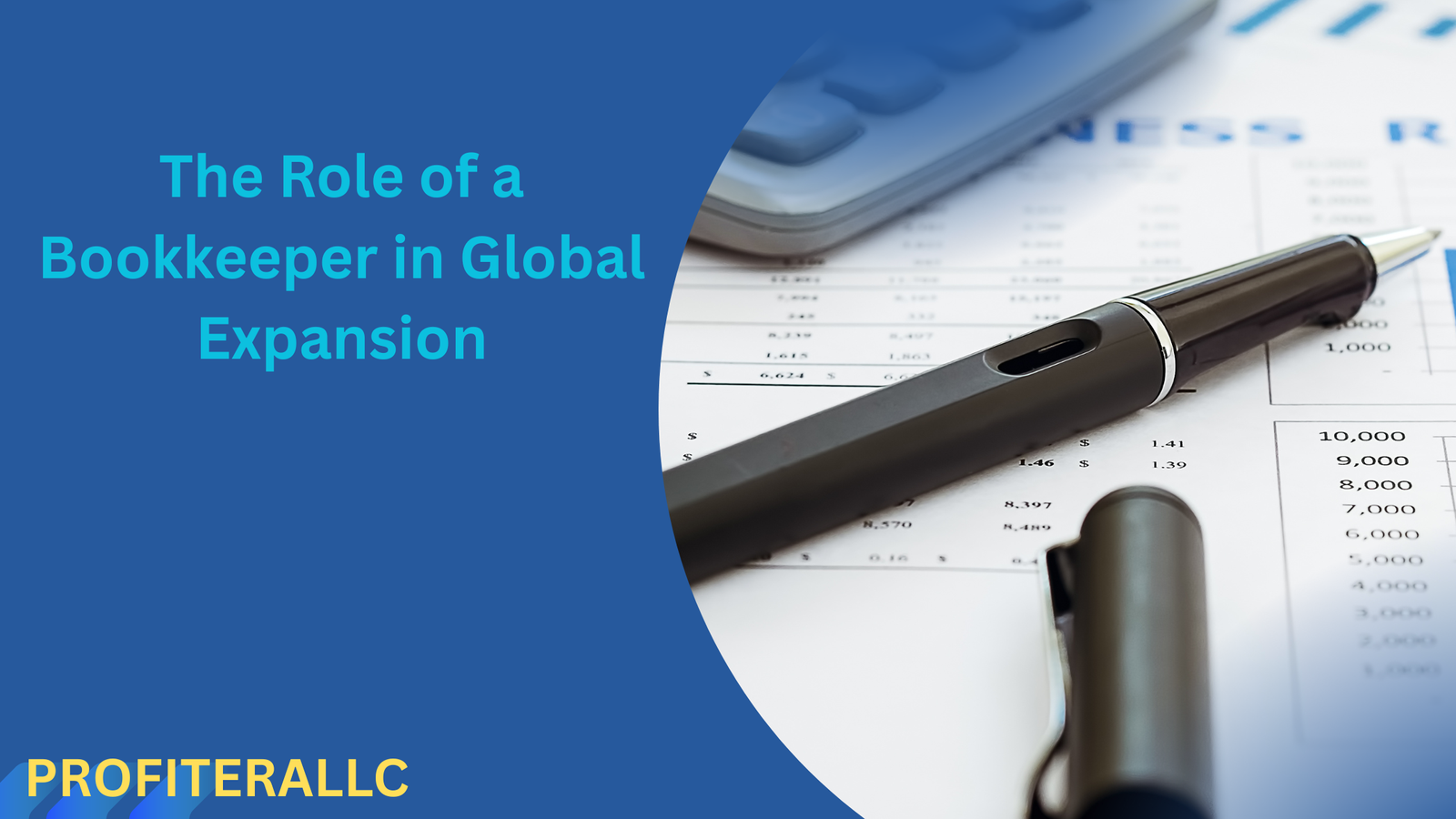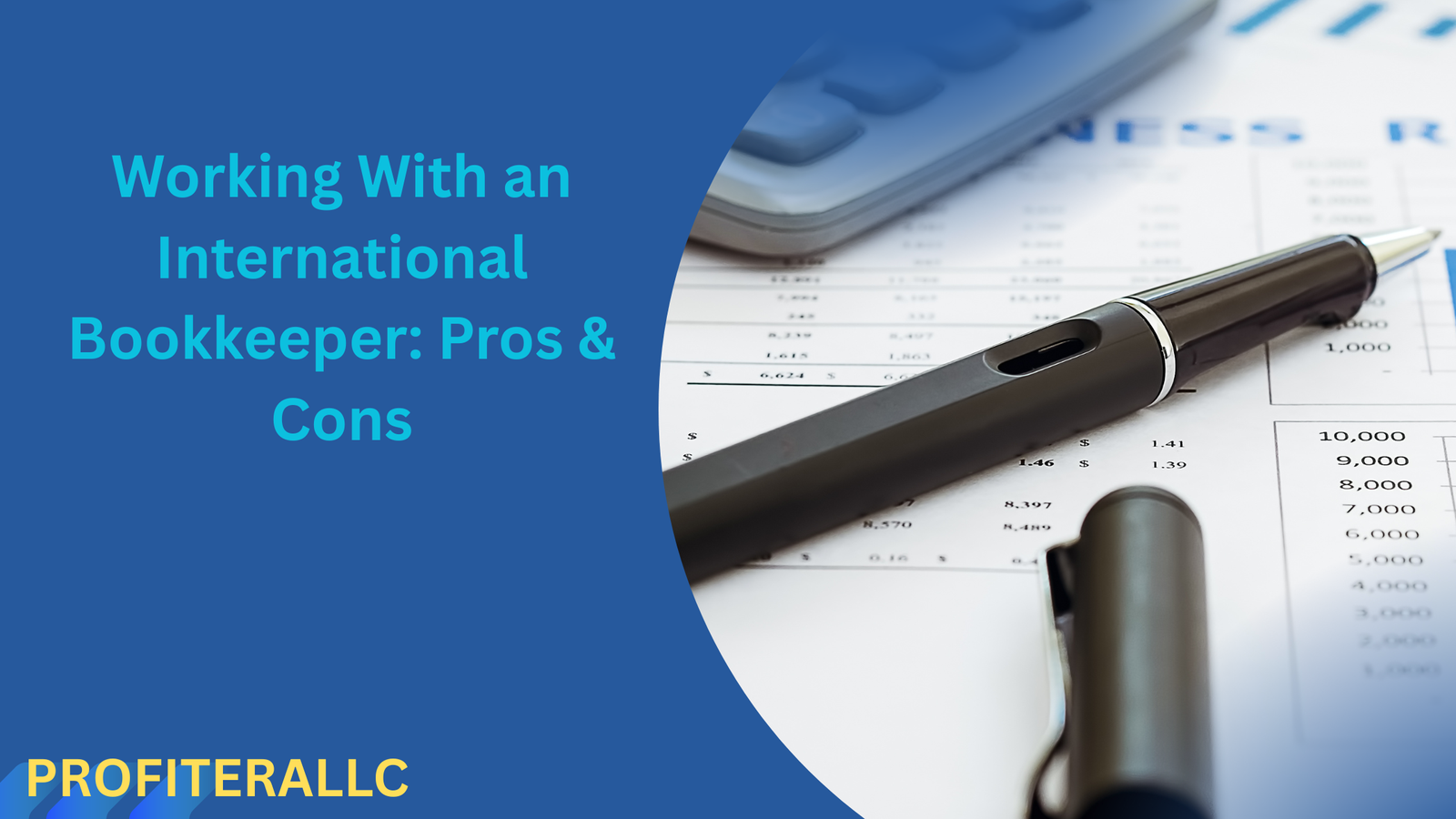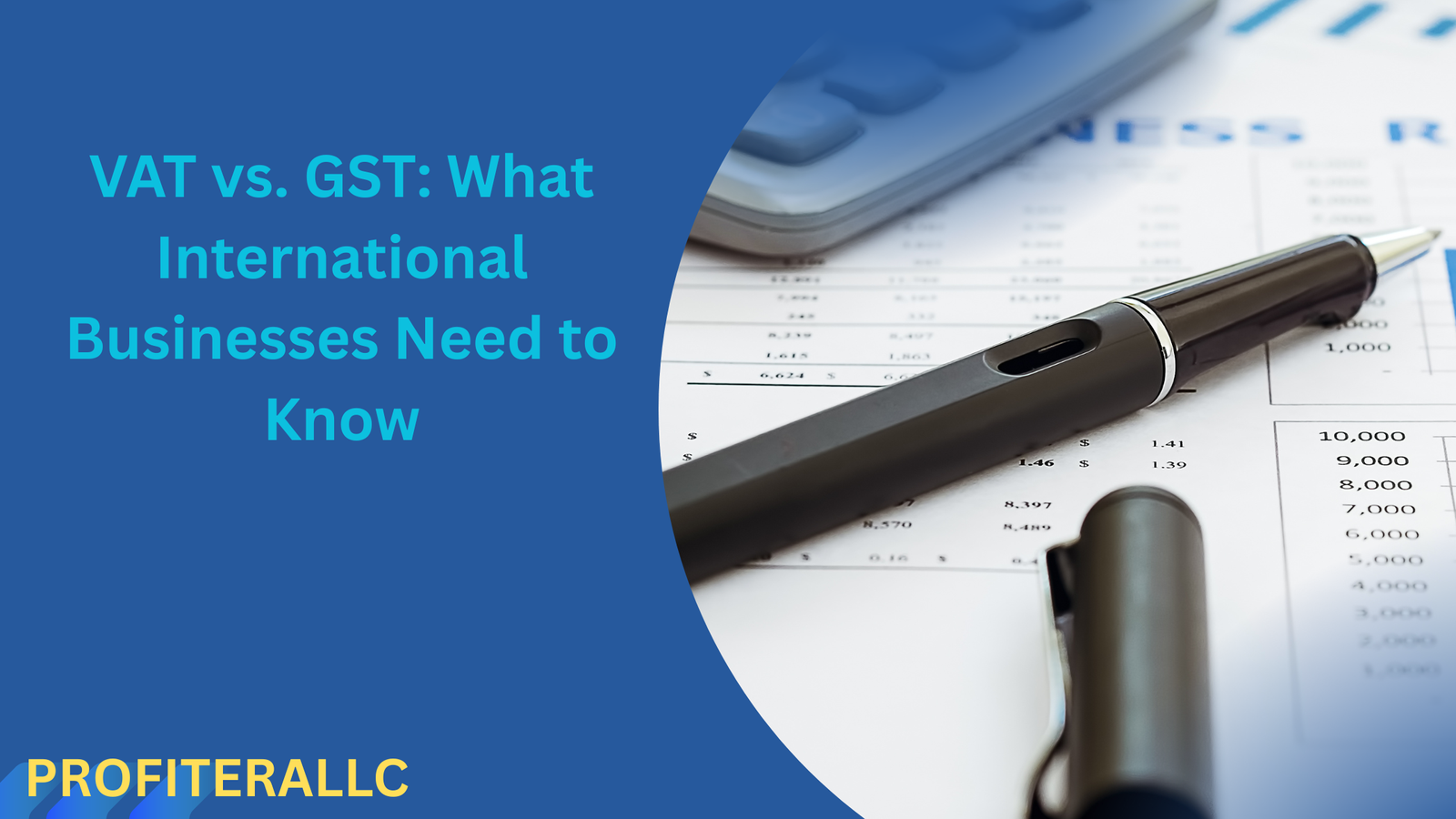
Latest trends in management accounting
In today’s fast-paced and ever-evolving business environment, staying ahead in management accounting is crucial for sustained success. As companies navigate shifting economic conditions and embrace technological innovations, management accountants must adapt their approaches to remain impactful and forward-thinking. The rising complexity of global markets, coupled with a heightened focus on sustainability and ethical business practices, has amplified the strategic importance of management accountants. They now play a vital role in steering organizations toward long-term value and resilience. This comprehensive guide explores the top 10 trends currently transforming the landscape of management accounting.






